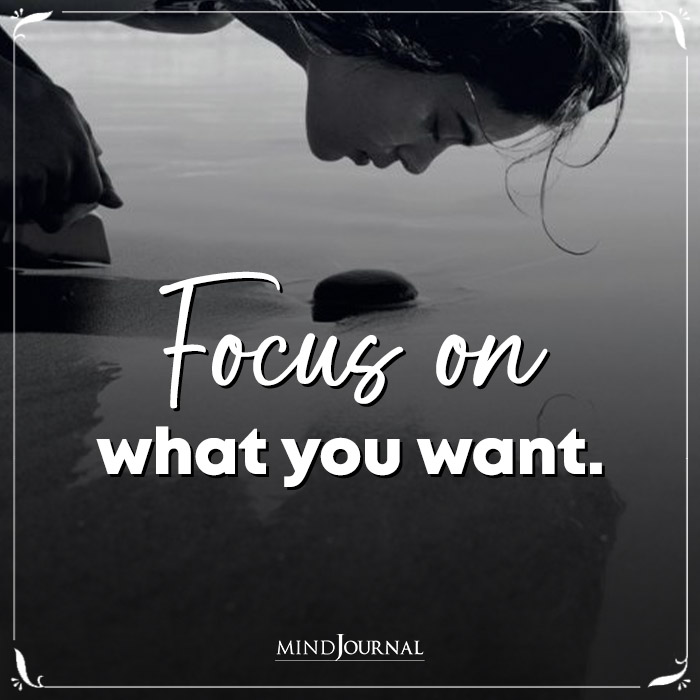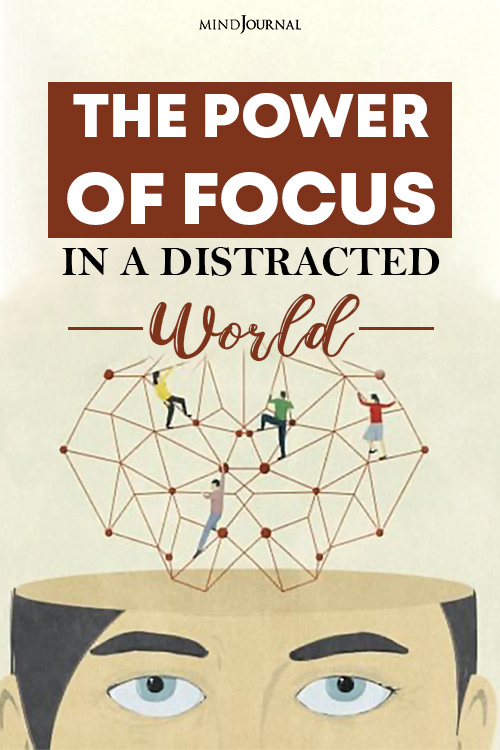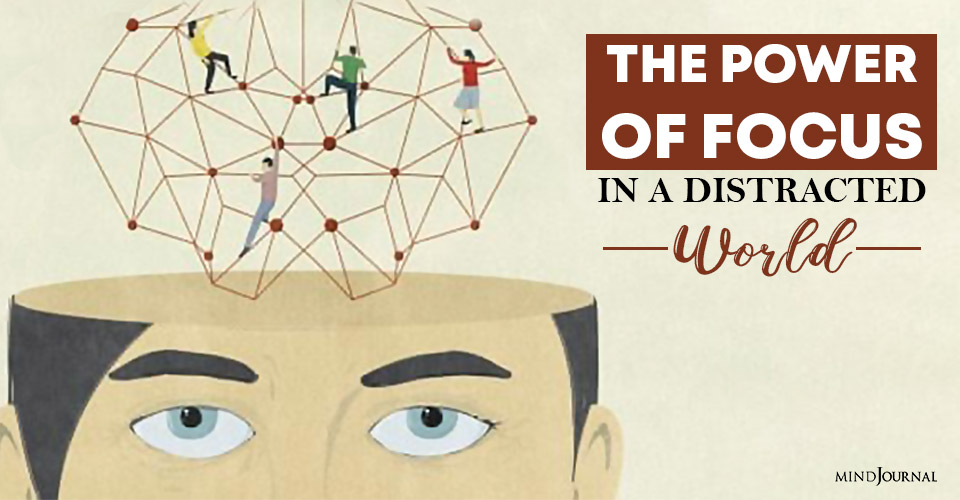The Power of Focus in a Distracted World
by Donald Altman, M.A., LPC
Copyright © by Donald Altman
Do you ever get frustrated because you find it hard to maintain your focus? Do you feel your mind is forever wandering, getting lost in thoughts about the past or all the things you need to do tomorrow? Even though we live in a highly distracting world, there are some very easy strategies for retraining attention and regaining the power of focus.
The Power Of Focus
What I’m about to say may be counterintuitive: It is exactly those times when you get lost in thought that enable you to sharpen your focus and presence!
That’s because the very act of noticing that your attention has wandered away creates what I term re-mindfulness or the process of remembering to come back to the present moment. Let me explain further.

Re-mindfulness harkens back to the original meaning of the Sanskrit word for mindfulness, sati, which means to self-recollect and self-remember. In other words, we find wholeness by bringing back to the present moment all the fragmented, distracted, and overwhelmed parts of ourselves.
Neuroscientists have now learned what’s happening when our attention wanders away, such as during meditation or any kind of task. Researchers have explored this in a study published in the journal NeuroImage, Mind Wandering and Attention During Focused Meditation.
Related: How You Can Change Your Emotional Habits
This study identified four very different brain networks that get activated depending upon whether one’s attention is focused or wandering. One of these neural networks relates to the ability to notice when your attention wanders off a task. This is re-mindfulness, isn’t it? Once we notice our mind wandering, we can then shift our awareness back to the present moment.
Of course, noticing the wandering mind takes time, and that’s what a re-mindfulness practice helps you to do. And that’s why, in my workshops and whenever I teach, I always make a point of saying that it’s OK to forget and to be distracted. There’s no need to be perfect with this because it’s an ongoing process of fine-tuning awareness.
In fact, re-mindfulness encourages us to view life through a process-oriented perspective, as opposed to a goal-oriented one (seeing things in a limited and dualistic way as either good/bad, right/wrong, success/failure). This is all the more reason to invite inner kindness and self-compassion when practicing mindfulness.
Fortunately, the brain is highly adaptable.
Here Are Three Practical And Easy-To-Employ Strategies For Getting Present And Rewiring Your Brain For Greater Focus.
1. Notice Thoughts With Neutrality
Begin to increase your awareness of whenever your mind travels off to the future or the past. You might even write down what your mind wanders off to. Is there a theme to these wanderings? This is not to blame or shame, but to simply learn the nature of old or habitual thought patterns. Each time you notice your wandering, you are increasing your awareness circuitry and eliminating old thinking styles.
2. Take Three Slow Breaths
Any time your mind wanders, a focused breath helps you return to the here and now. Notice how good this feels. This will shift your focus and turn on the body’s relaxation system. (The breath is something we’ll explore in future articles.)
Related: How Rest Affects Our Physical, Emotional and Spiritual Health and 5 Tips To Rest Better
3. Observe Your Surroundings In Detail
Be aware of your body position; press your feet onto the floor. Notice the colors in your environment. Listen to all the sounds around you.
Do these practices, and you will bring the power of focus and presence into your life, one awareness and one moment at a time.
Related: 30 Practices To Boost Your Well Being
We hope you’ve gained a better understanding of the importance of staying focused in an ever-changing world. Let us know what you think in the comments section below.
Written by: Donald Altman, M.A., LPC Originally appeared on: Psychology Today Republished with permission









Leave a Reply
You must be logged in to post a comment.